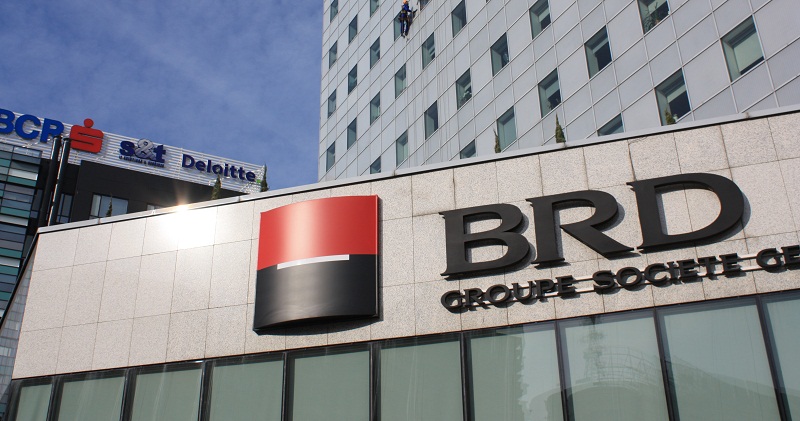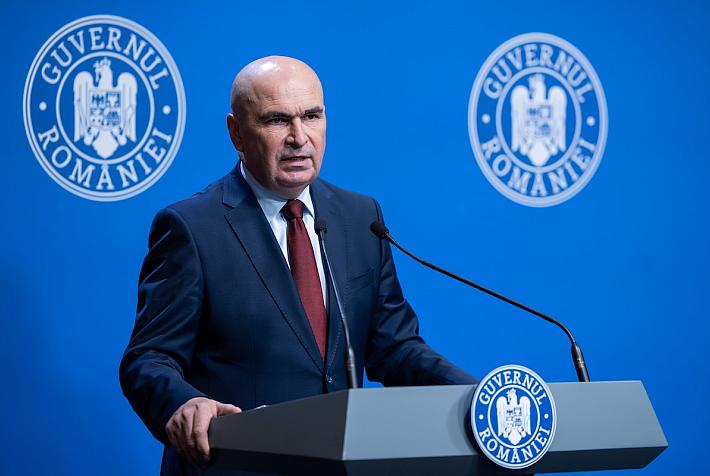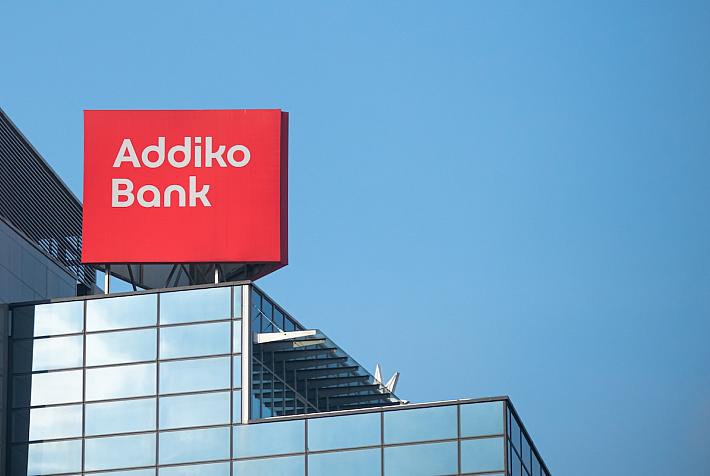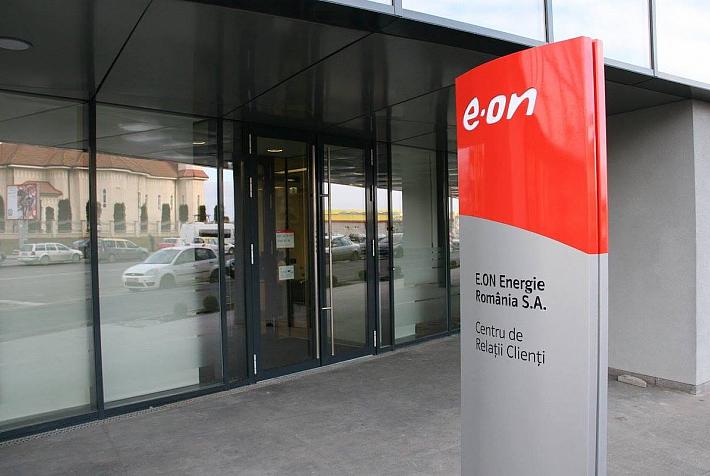Moody's downgrades Groupe Societe Generale and Credit Agricole due to Greek exposure

 International rating agency Moody's on Wednesday downgraded Groupe Societe Generale, the owner of Romania's lender BRD, as well as Credite Agricole, which owns Emporiki bank in Romania, both due to their exposure on the Greek market.
International rating agency Moody's on Wednesday downgraded Groupe Societe Generale, the owner of Romania's lender BRD, as well as Credite Agricole, which owns Emporiki bank in Romania, both due to their exposure on the Greek market.
Moody's announced an extension of its review of the C+ standalone Bank Financial Strength Rating (BFSR) of Societe Generale SA (SocGen), equivalent to a standalone Baseline Credit Assessment (BCA) of A2 on the long-term ratings scale. Moody's has also downgraded SocGen's debt and deposit ratings by one notch to Aa3 from Aa2.
In Credit Agricole's case, Moody's has performed a one notch downgrade from C+ to C of the Bank Financial Strength Rating (BFSR) and a downgrade of the long-term debt and deposit ratings by one notch to Aa2 from Aa1. “Moody's believes these ratings are more consistent with the bank's sizeable exposures to the Greek economy,” according to the rating agency.
In its press release of 15 June, 2011, Moody's announced a review of the BFSRs and long-term ratings of three French banking groups (BNP Paribas, CASA and Societe Generale) because of our concerns about the potential inconsistency between their ratings and their exposures to the Greek economy (Greece is rated Ca, outlook developing), either through their holdings of government bonds or the credit they had extended to the Greek private sector. The review incorporated loss assumptions that were significantly higher than the impairments the bank had already recognised.
SocGen's exposures to the Greek private sector credit are larger but also modest overall, and lie chiefly at its subsidiary General Bank of Greece (Geniki; E / Caa1 / B1, on review for possible downgrade), which had gross loans of EUR 4.3 billion at 30 June 2011, according to Moody's. These loans are of generally poor quality, and the bank has provisioned EUR 1 billion, 24 percent of the loan book.
“Since the start of the review for downgrade, Groupe Credit Agricole, along with many other financial institutions, has expressed its intention to participate in a proposed restructuring of Greek debt. This led to its recognition of EUR 202 million before tax in impairments in the second quarter of 2011. The bank's net residual exposure to Greek government bonds is now relatively low, at EUR 891 million net of policyholders' surplus in its insurance activities (as of 30 June 2011), less than 2 percent of group Core Tier 1 capital,” Moody's explains.
editor@romania-insider.com
(photo sopyright: Romania-Insider.com)











